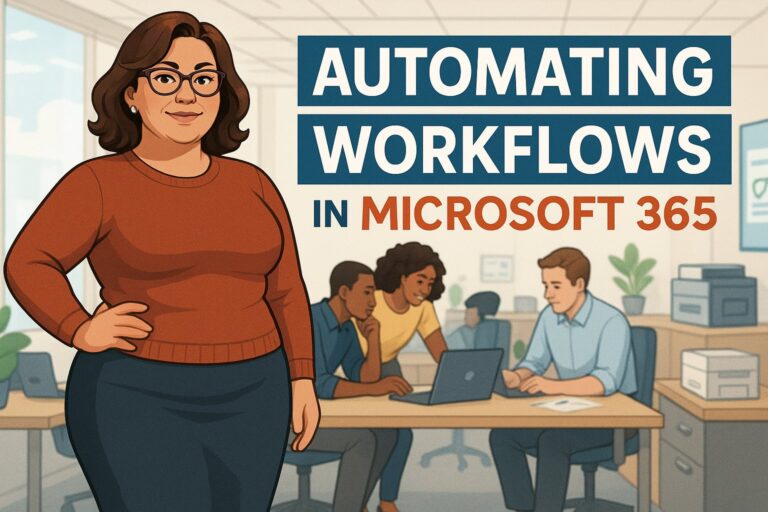We hardly ever talk about desktop computers anymore. The industry has shifted away from immobility to instantaneous access to the net at every single moment of the day. You cannot exactly lug around a desktop, so your next choices are laptops and tablets. Which one is right for you? Should you buy a tablet or should you buy a laptop computer?
A Few Things to Consider
Deciding between a tablet and a laptop really comes down to what your expectations of use. Consider a few things before you start shopping:
- Do you need a full keyboard?
- Will you be performing various tasks on the device, or it is more for mobility, streaming, social media, and communication?
- What types of file compatibility do you require?
- Which type and size screen is ideal?
- What are your online safety needs?
- Do you need to multitask?
- Do you require speed that is similar to your desktop?
Pros and Cons of Laptop Computer
Generally, laptop computers have more speed than a tablet device. The hardware is more advanced, which makes processing easier for users who like to edit photos, draft documents, browse the web, and complete the same functions as a desktop computer. The average storage space far exceeds that of a tablet. If you plan to play CDs or DVDs, you cannot use a tablet; you need an optical drive that is typically found on laptops. Additional laptop features include USB connectivity, Ethernet connecting, and SD card slots. The amount of data you can access with a laptop is almost limitless. Laptops also offer the comfort of a traditional keyboard and mouse with a cursor. Laptops are ideal for students and professionals on the go.
So, where does the laptop fall short? Laptops tend to be more expensive than tablets. As you increase the number of features, speed, and storage capabilities, laptops can easily climb into the thousands. Laptops are also not very travel-friendly, especially if you have to carry it in its own case. Carrying around a laptop is like carrying around an extra piece of luggage.
Pros and Cons of Tablets
If you want inexpensive mobility, a tablet may be your best bet. Tablets are lightweight, compact, affordable, and they can open many documents that are sent from a laptop or desktop computer. When you buy a tablet, you need to remember that they are app-driven and not loaded with the same type of software as laptops and desktops. The experience is different, and your enjoyment depends on your needs. Tablets are great for steaming, updating social media sites, video messaging, accessing cloud data, reading, designing, and viewing and editing photos. Many users who work in the music industry have also found a great deal of success with the new tablet functions. Tablets are also the leaders for many mobile games that work better with swiping rather than clicking.
As we said before, the experience is much different. The virus software may not be as comprehensive, and tablets do not typically have the same browsing and storage capabilities as their laptop counterparts. Tablets are generally more affordable, but they do not offer many of the additional add-on media devices that laptops do: CD and DVD capability, Ethernet, and USB. Tablets are not as functional as laptops, but they do allow you complete many tasks without having to fork up the dough.
Which device is the winner? It depends on your needs. If you cannot decide, investigate the hybrid options that offer both laptop functionality and tablet portability without the large laptop prices.


